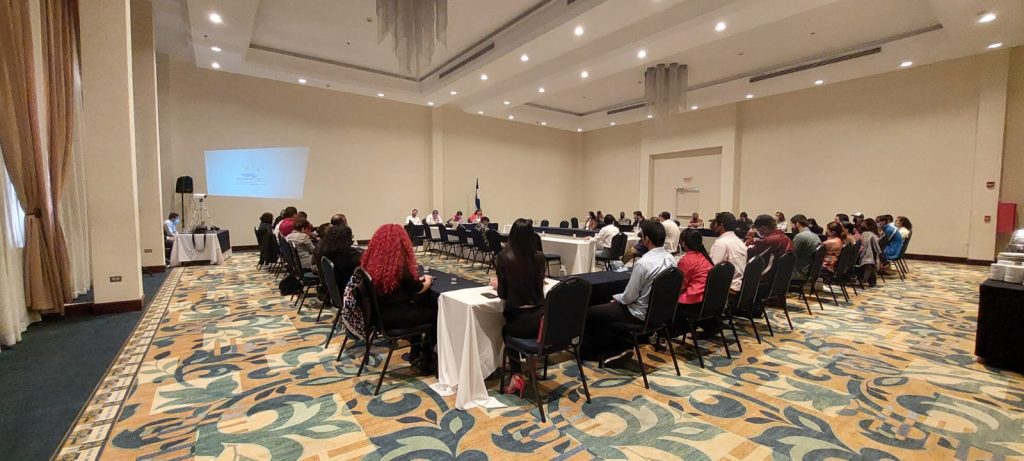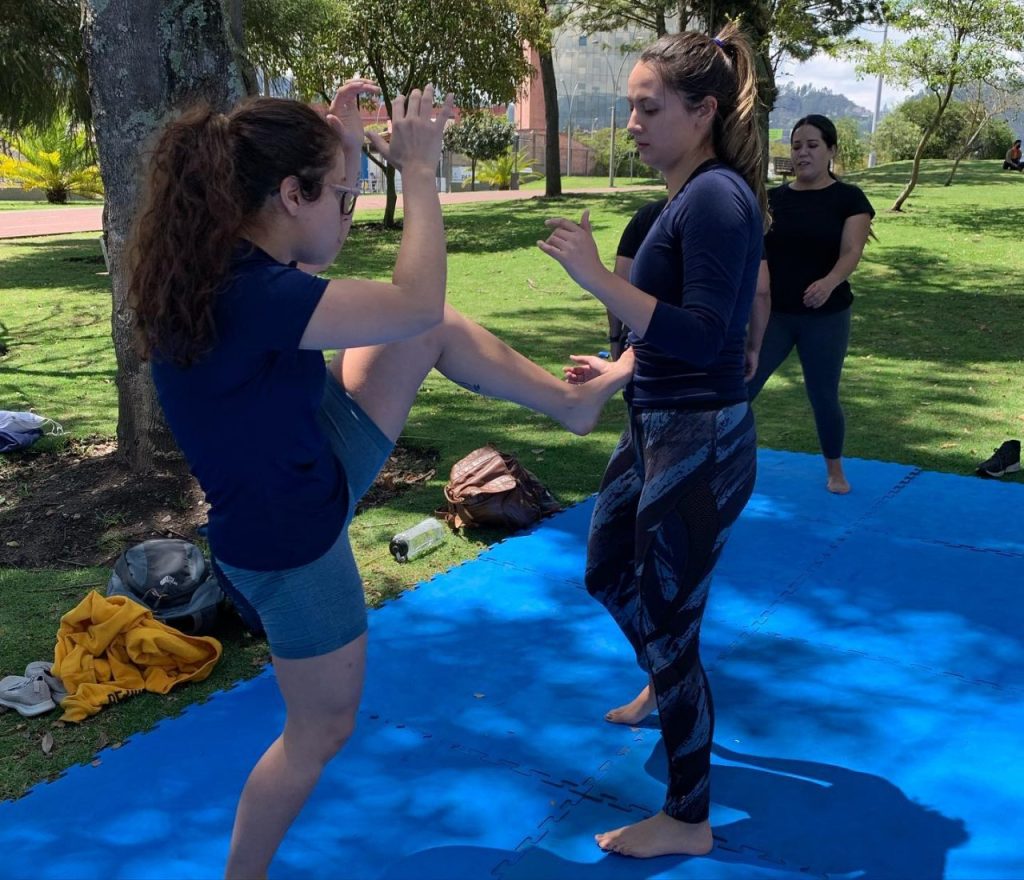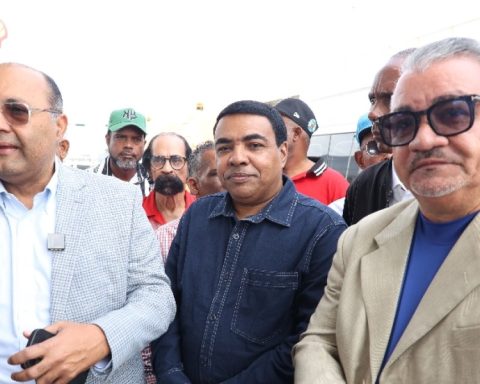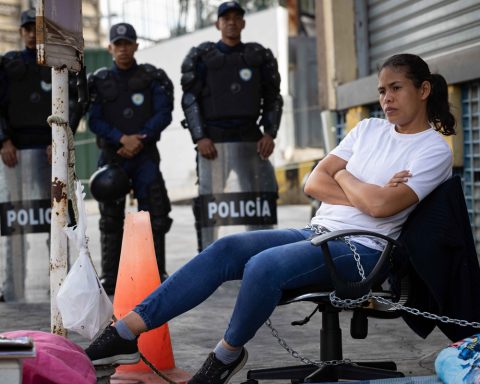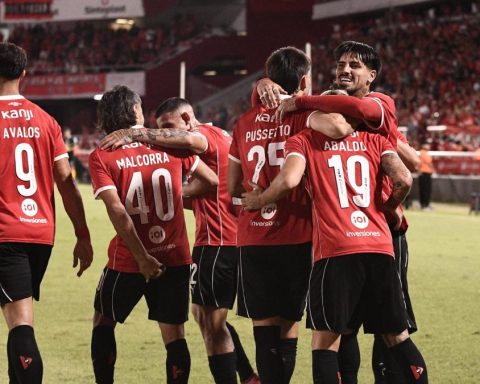L
the life of Wenceslao Roces, born on February 3, 1897 in Asturias, has been insufficiently studied and, until now, is known mainly for his work as a translator that includes Marxist-oriented texts (Marx, Engels and Lenin) and philosophers such as Hegel, Erns Cassirer and Georg Lukács. Perhaps its best known translation is that of Capital, by Karl Marx (1946), made for the Fondo de Cultura Económica, an editorial that in 2014 published the second translation of Roces, where it collects some of the criticisms pointed out by other translators.
Multiple episodes of his political career remain to be studied, for example, his membership in the Communist Party of Spain (PCE) resident in Mexico, which includes participation in the movement to fight for peace, promoted by the Soviet Union in the early 1950s. In this context, he served as secretary of the delegation that was sent to the Continental American Congress for Peace in 1949, and was part of the work team of the magazine Our time, which served as the political platform of the Spanish Commission of Mexico for the Defense of Peace.
In the same way, a more in-depth investigation is owed to the reasons that prevented him from exercising the position of senator for Asturias for which he was elected in 1977 after the legalization of the PCE. Ernesto Schettino maintains that age and health problems were not the only difficulties that Roces faced on his return to Spain, to these was added the disappointment generated by perceiving the ideological mutations of the PCE’s Eurocommunist orientation.
A testimony of the orthodox conception of Roces in politics is found in his book Lenin: features of his life and work, edited by España Popular in 1970, which includes lectures that highlight the figure of Lenin along with his conception of a party and the experience of the October socialist revolution.
Another little-studied facet of Roces’ life is his work in favor of the profession of history, which includes the translation of works by a group of classical authors for the training of historians such as Fernand Braudel, Jacob Burckhardt, Leopold von Ranke, Johann Droysen and Johan Huizinga. This without forgetting the translation of the Marxist-oriented works in which the materialist conception of history is sustained, the central example is German ideology, of Marx and Engels.
In addition to these translations, Roces contributed a series of reflections on the theory of history, which, according to Schettino, were not written down due to the complex generated by the work of translating great historians and philosophers, so the repercussion of his reflections must be rebuilt attending to their teaching work. However, a sample of his theoretical work has reached us thanks to the fact that Elí de Gortari invited him to participate in the seminar on scientific and philosophical problems that he directed. The product was the text: Some considerations on the vice of modernism in ancient history (1951). Álvaro Matute recognized the relevance of the text and included it in the book The theory of history in Mexico (1940-1968).
In Roces’ teaching work at the Faculty of Philosophy and Letters of the UNAM, his other great contribution to the profession of history should be sought, since his deep knowledge of Marxist theory, transmitted to his students through the seminar on historical materialism that he founded , is a key to understanding the maturation of Marxist historiography with respect to the efforts generated previously.
To this is added that he gave classes on ancient history of Greece and Rome, which promoted the analysis of this historical stage from the Marxist perspective, opening space for debates on the theory of history existing within Marxism. In fact, the translation of Forms that precede capitalist production, which he gave to the PCM magazine History and Society, also responded to his interest in providing students with more theoretical elements for the study of ancient history, so this text was read in his seminar together with German ideology.
As part of his teaching work, he contributed to the training of new intellectuals, for example Adolfo Sánchez Vázquez was his student in the translation trade, and Ernesto Schettino Maimone, his disciple at the top of history. The second was formed together with Roces in the 1960s as a student and teaching assistant in the materialism seminar and ancient history classes, and recalls that in 1969 he witnessed that the students’ affection for Roces was the driving force behind the initiative. to appoint him emeritus professor, so that he would be allowed to continue his teaching work despite having reached the retirement age indicated in the UNAM academic staff statute.
When Roces’ political militancy required him to return to Spain, the historical materialism seminar and the ancient history classes fell on the person of Schettino, who for more than 50 years has given them continuity until today, which is why multiple generations of historians they have continued to form in the spirit of the Marxist theory that Roces transmitted.
The office of history in Mexico owes Wenceslao Roces more than what has been recognized in the history of historiography, so it is gratifying to announce that part of his legacy is present in the recent History of ancient Greece I. From despotism to slavery. (Editorial Revolución, 2021), a work in which I have had the pleasure of being a co-author of Ernesto Schettino and a follower of Roces’s ideas.
*Historian










